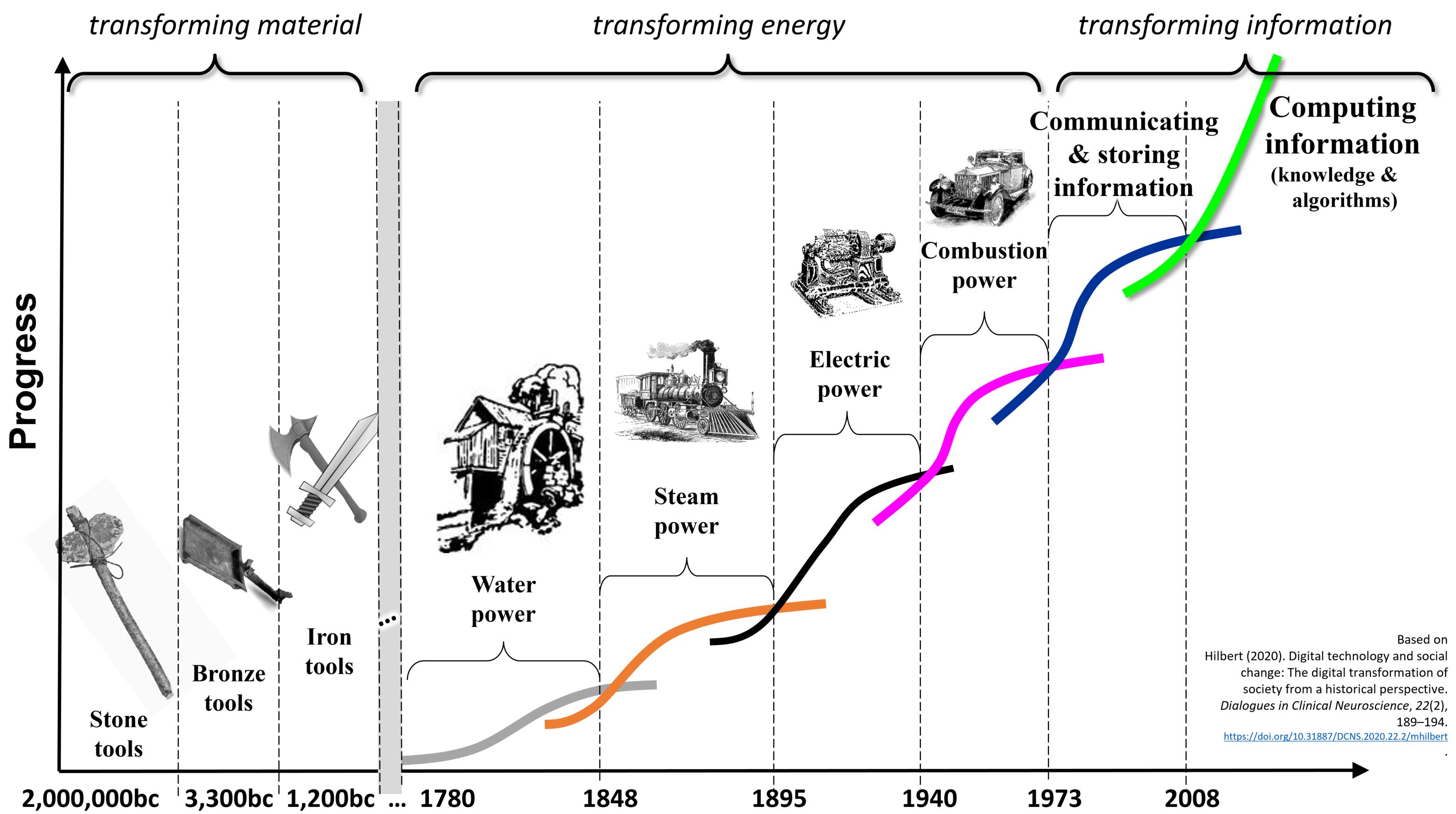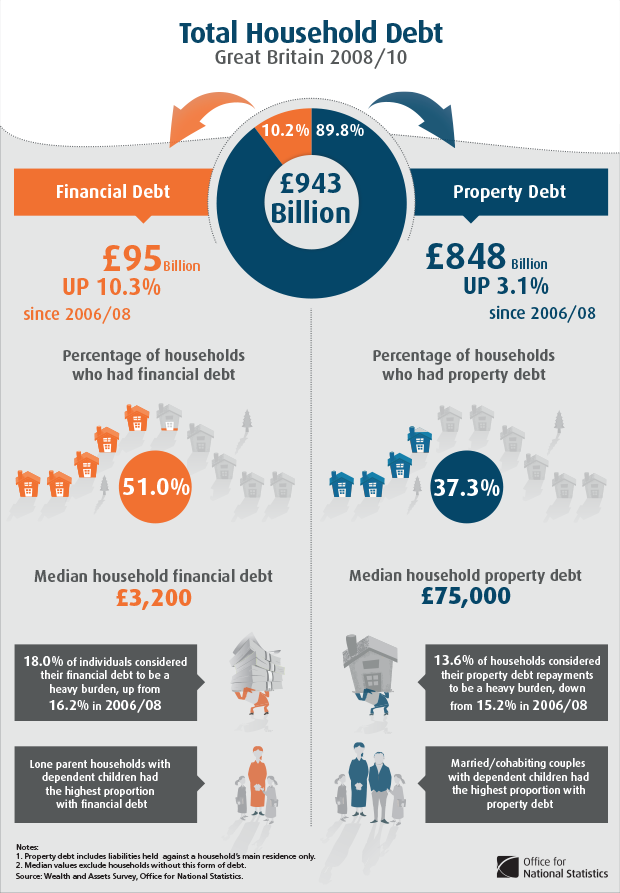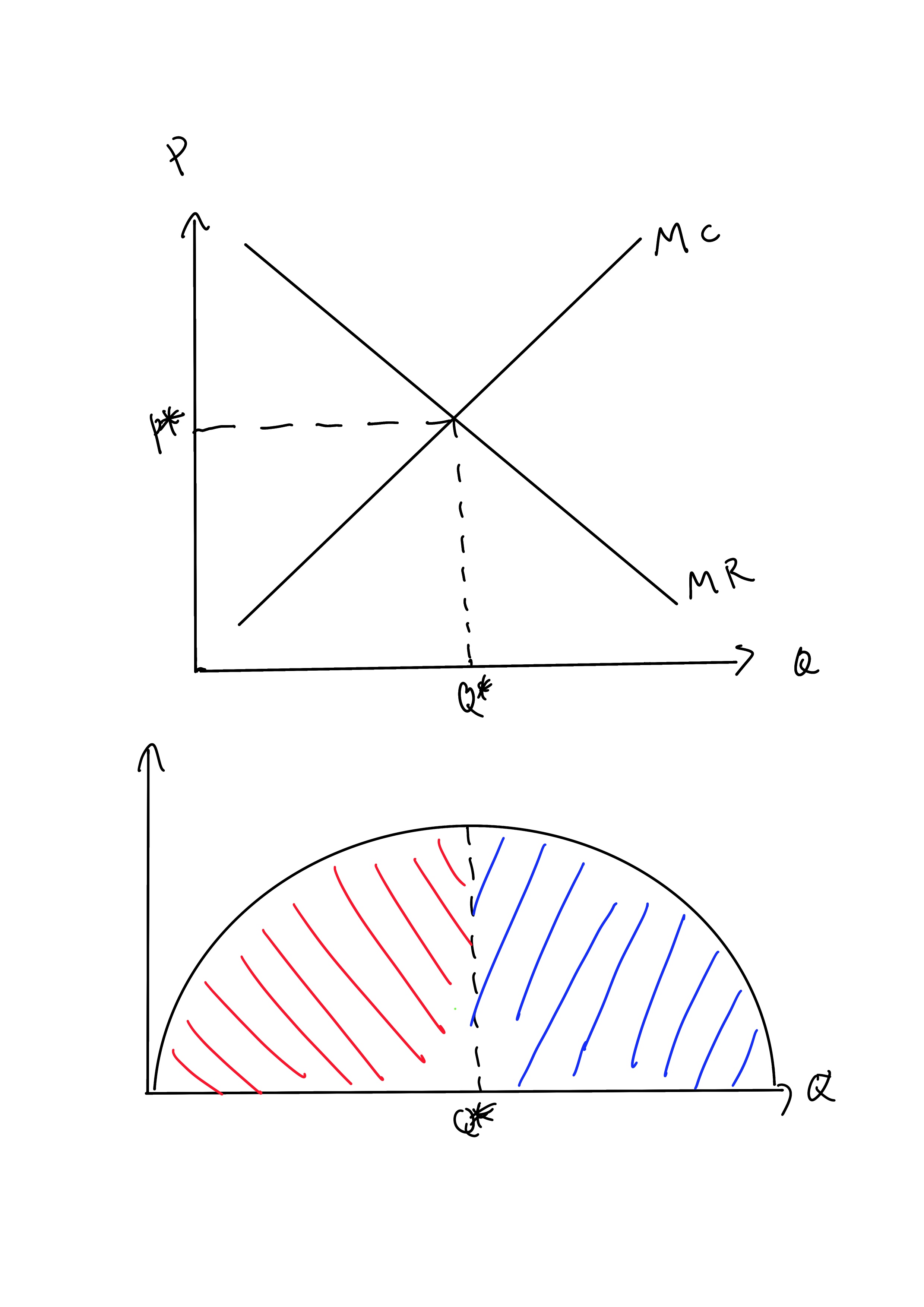|
Balance Sheet Recession
A balance sheet recession is a type of economic recession that occurs when high levels of private sector debt cause individuals or companies to collectively focus on saving by paying down debt rather than spending or investing, causing economic growth to slow or decline. The term is attributed to economist Richard Koo and is related to the debt deflation concept described by economist Irving Fisher. Recent examples include Japan's recession that began in 1990 and the U.S. recession of 2007-2009. Definition A balance sheet recession is a particular type of recession driven by the high levels of private sector debt (i.e., the credit cycle) rather than fluctuations in the business cycle. It is characterized by a change in private sector behavior towards saving (i.e., paying down debt) rather than spending, which slows the economy through a reduction in consumption by households or investment by business. The term balance sheet derives from an accounting equation that holds that a ... [...More Info...] [...Related Items...] OR: [Wikipedia] [Google] [Baidu] |
Economic Recession
In economics, a recession is a business cycle contraction when there is a general decline in economic activity. Recessions generally occur when there is a widespread drop in spending (an adverse demand shock). This may be triggered by various events, such as a financial crisis, an external trade shock, an adverse supply shock, the bursting of an economic bubble, or a large-scale anthropogenic or natural disaster (e.g. a pandemic). In the United States, a recession is defined as "a significant decline in economic activity spread across the market, lasting more than a few months, normally visible in real GDP, real income, employment, industrial production, and wholesale-retail sales." The European Union has adopted a similar definition. In the United Kingdom, a recession is defined as negative economic growth for two consecutive quarters. Governments usually respond to recessions by adopting expansionary macroeconomic policies, such as increasing money supply and decreasing ... [...More Info...] [...Related Items...] OR: [Wikipedia] [Google] [Baidu] |
Paul Krugman
Paul Robin Krugman ( ; born February 28, 1953) is an American economist, who is Distinguished Professor of Economics at the Graduate Center of the City University of New York, and a columnist for ''The New York Times''. In 2008, Krugman was the winner of the Nobel Memorial Prize in Economic Sciences for his contributions to New Trade Theory and New Economic Geography. The Prize Committee cited Krugman's work explaining the patterns of international trade and the geographic distribution of economic activity, by examining the effects of economies of scale and of consumer preferences for diverse goods and services. Krugman was previously a professor of economics at MIT, and later at Princeton University. He retired from Princeton in June 2015, and holds the title of professor emeritus there. He also holds the title of Centennial Professor at the London School of Economics. Krugman was President of the Eastern Economic Association in 2010, and is among the most influential economi ... [...More Info...] [...Related Items...] OR: [Wikipedia] [Google] [Baidu] |
Recessions
In economics, a recession is a business cycle contraction when there is a general decline in economic activity. Recessions generally occur when there is a widespread drop in spending (an adverse demand shock). This may be triggered by various events, such as a financial crisis, an external trade shock, an adverse supply shock, the bursting of an economic bubble, or a large-scale anthropogenic or natural disaster (e.g. a pandemic). In the United States, a recession is defined as "a significant decline in economic activity spread across the market, lasting more than a few months, normally visible in real GDP, real income, employment, industrial production, and wholesale-retail sales." The European Union has adopted a similar definition. In the United Kingdom, a recession is defined as negative economic growth for two consecutive quarters. Governments usually respond to recessions by adopting expansionary macroeconomic policies, such as increasing money supply and decreasing ... [...More Info...] [...Related Items...] OR: [Wikipedia] [Google] [Baidu] |
Kondratiev Wave
In economics, Kondratiev waves (also called supercycles, great surges, long waves, K-waves or the long economic cycle) are hypothesized cycle-like phenomena in the modern world economy. The phenomenon is closely connected with the technology life cycle. It is stated that the period of a wave ranges from forty to sixty years, the cycles consist of alternating intervals of high sectoral growth and intervals of relatively slow growth.See, e.g. Long wave theory is not accepted by most academic economists. Among economists who accept it, there is a lack of agreement about both the cause of the waves and the start and end years of particular waves. Among critics of the theory, the consensus is that it involves recognizing patterns that may not exist (apophenia). History of concept The Soviet economist Nikolai Kondratiev (also written Kondratieff or Kondratyev) was the first to bring these observations to international attention in his book ''The Major Economic Cycles'' (1925) al ... [...More Info...] [...Related Items...] OR: [Wikipedia] [Google] [Baidu] |
Deficit Spending
Within the budgetary process, deficit spending is the amount by which spending exceeds revenue over a particular period of time, also called simply deficit, or budget deficit; the opposite of budget surplus. The term may be applied to the budget of a government, private company, or individual. Government deficit spending was first identified as a necessary economic tool by John Maynard Keynes in the wake of the Great Depression. It is a central point of controversy in economics, as discussed below. Controversy Government deficit spending is a central point of controversy in economics, with prominent economists holding differing views. The mainstream economics position is that deficit spending is desirable and necessary as part of countercyclical fiscal policy, but that there should not be a structural deficit (i.e., permanent deficit): The government should run deficits during recessions to compensate for the shortfall in aggregate demand, but should run surpluses in boom ... [...More Info...] [...Related Items...] OR: [Wikipedia] [Google] [Baidu] |
Household Debt
Household debt is the combined debt of all people in a household, including consumer debt and mortgage loans. A significant rise in the level of this debt coincides historically with many severe economic crises and was a cause of the U.S. and subsequent European economic crises of 2007–2012. Several economists have argued that lowering this debt is essential to economic recovery in the U.S. and selected Eurozone countries. Overview Household debt can be defined in several ways, based on what types of debt are included. Common debt types include home mortgages, home equity loans, auto loans, student loans, and credit cards. Household debt can also be measured across an economy, to measure how indebted households are relative to various measures of income (e.g., pre-tax and disposable income) or relative to the size of the economy (GDP). The burden of debt can also be measured in terms of the amount of interest it generates relative to the income of the borrower. For example, ... [...More Info...] [...Related Items...] OR: [Wikipedia] [Google] [Baidu] |
Deleveraging
At the micro-economic level, deleveraging refers to the reduction of the leverage ratio, or the percentage of debt in the balance sheet of a single economic entity, such as a household or a firm. It is the opposite of leveraging, which is the practice of borrowing money to acquire assets and multiply gains and losses. At the macro-economic level, deleveraging of an economy refers to the simultaneous reduction of debt levels in multiple sectors, including private sectors and the government sector. It is usually measured as a decline of the total debt to GDP ratio in the national accounts. The deleveraging of an economy following a financial crisis has significant macro-economic consequences and is often associated with severe recessions. In microeconomics While leverage allows a borrower to acquire assets and multiply gains in good times, it also leads to multiple losses in bad times. During a market downturn when the value of assets and income plummets, a highly leveraged borro ... [...More Info...] [...Related Items...] OR: [Wikipedia] [Google] [Baidu] |
Profit Maximization
In economics, profit maximization is the short run or long run process by which a firm may determine the price, input and output levels that will lead to the highest possible total profit (or just profit in short). In neoclassical economics, which is currently the mainstream approach to microeconomics, the firm is assumed to be a "rational agent" (whether operating in a perfectly competitive market or otherwise) which wants to maximize its total profit, which is the difference between its total revenue and its total cost. Measuring the total cost and total revenue is often impractical, as the firms do not have the necessary reliable information to determine costs at all levels of production. Instead, they take a more practical approach by examining how small changes in production influence revenues and costs. When a firm produces an extra unit of product, the additional revenue gained from selling it is called the marginal revenue (\text), and the additional cost to produce ... [...More Info...] [...Related Items...] OR: [Wikipedia] [Google] [Baidu] |
Great Depression
The Great Depression (19291939) was an economic shock that impacted most countries across the world. It was a period of economic depression that became evident after a major fall in stock prices in the United States. The economic contagion began around September and led to the Wall Street stock market crash of October 24 (Black Thursday). It was the longest, deepest, and most widespread depression of the 20th century. Between 1929 and 1932, worldwide gross domestic product (GDP) fell by an estimated 15%. By comparison, worldwide GDP fell by less than 1% from 2008 to 2009 during the Great Recession. Some economies started to recover by the mid-1930s. However, in many countries, the negative effects of the Great Depression lasted until the beginning of World War II. Devastating effects were seen in both rich and poor countries with falling personal income, prices, tax revenues, and profits. International trade fell by more than 50%, unemployment in the U.S. rose to 23% and ... [...More Info...] [...Related Items...] OR: [Wikipedia] [Google] [Baidu] |
Negative Equity
Negative equity is a deficit of owner's equity, occurring when the value of an asset used to secure a loan is less than the outstanding balance on the loan. In the United States, assets (particularly real estate, whose loans are mortgages) with negative equity are often referred to as being "underwater", and loans and borrowers with negative equity are said to be "upside down". People and companies alike may have negative equity, as reflected on their balance sheets. History The term negative equity was widely used in the United Kingdom during the economic recession between 1991 and 1996, and in Hong Kong between 1998 and 2003. These recessions led to increased unemployment and a decline in property prices, which in turn led to an increase in repossessions by banks and building societies of properties worth less than the outstanding debt. Since 2007, those most exposed to negative equity are borrowers who obtained loans of a high percentage of the property value (such as 90% or ... [...More Info...] [...Related Items...] OR: [Wikipedia] [Google] [Baidu] |
Martin Wolf
Martin Harry Wolf (born 16 August 1946 in London) is a British journalist of Austrian-Dutch descent who focuses on economics. He is the associate editor and chief economics commentator at the ''Financial Times''. Early life Wolf was born in London, in 1946. His father Edmund was an Austrian Jewish playwright who escaped from Vienna to England before World War II. In London, Edmund met Wolf's mother, a Dutch Jew who had lost nearly thirty close relatives in the Holocaust. Wolf recalls that his background left him wary of political extremes and encouraged his interest in economics, as he felt economic policy mistakes were one of the root causes of World War II. He was an active supporter of the Labour Party until the early 1970s. Education Wolf was educated at University College School, a day independent school for boys in Hampstead in north west London, and in 1967 entered Corpus Christi College at Oxford University for his undergraduate studies. He initially studied Cl ... [...More Info...] [...Related Items...] OR: [Wikipedia] [Google] [Baidu] |
Sectoral Balances
The sectoral balances (also called sectoral financial balances) are a sectoral analysis framework for macroeconomic analysis of national economies developed by British economist Wynne Godley. Sectoral analysis is based on the insight that when the government sector has a budget deficit, the non-government sectors (private domestic sector and foreign sector) together must have a surplus, and vice versa. In other words, if the government sector is borrowing, the other sectors taken together must be lending. The balances represent an accounting identity resulting from rearranging the components of aggregate demand, showing how the flow of funds affects the financial balances of the three sectors. This corresponds approximately to Balances Mechanics developed by Wolfgang Stützel in the 1950s. The approach is used by scholars at the Levy Economics Institute to support macroeconomic modelling and by Modern Monetary Theorists to illustrate the relationship between government budget def ... [...More Info...] [...Related Items...] OR: [Wikipedia] [Google] [Baidu] |










